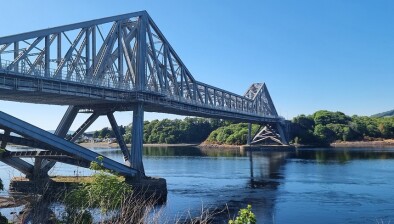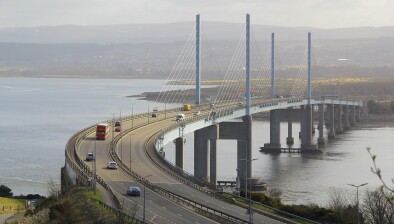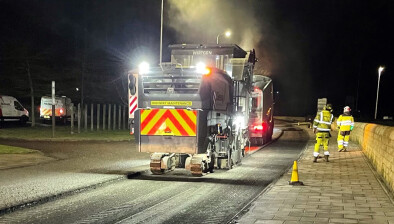Spencer Group to begin unique temporary walkway works on Connel Bridge
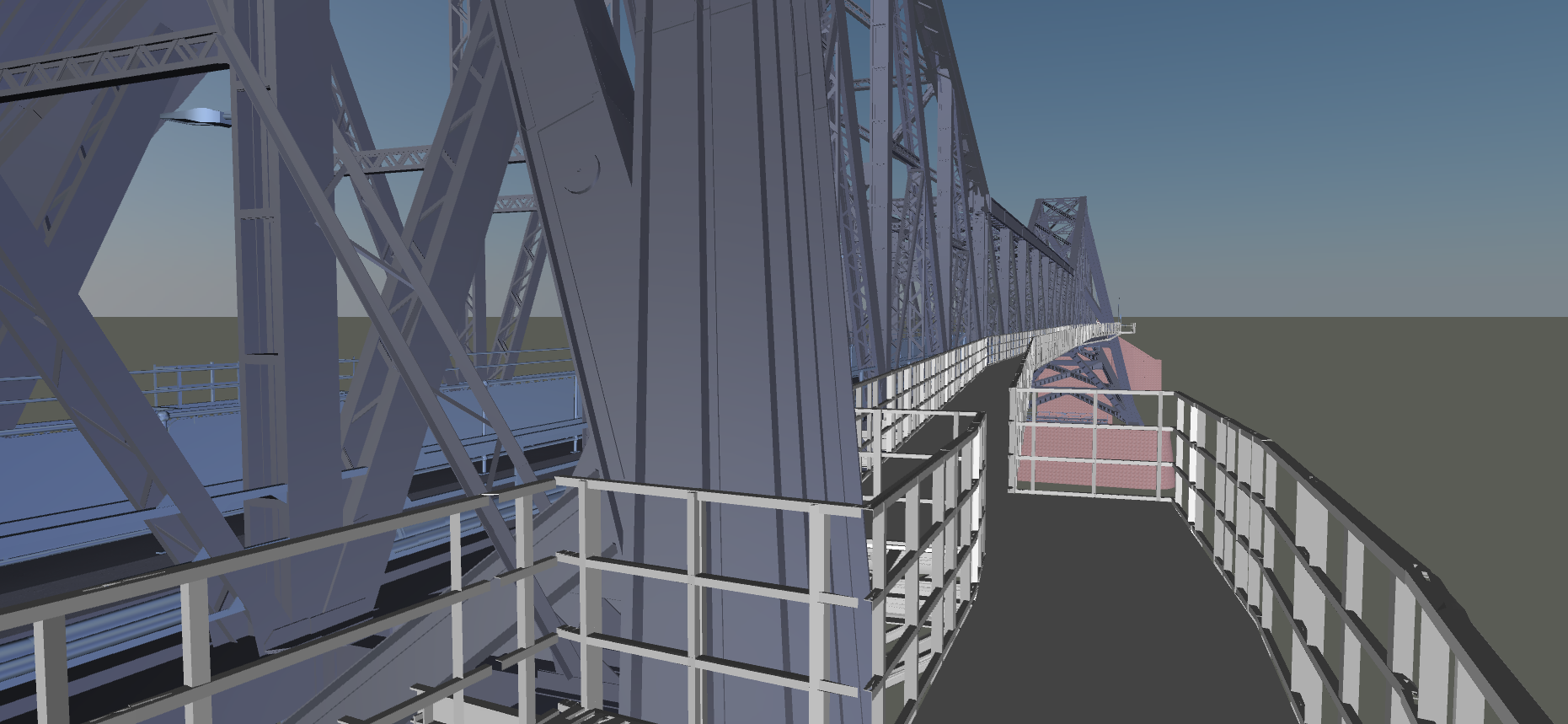
Spencer Group is carrying out the design, construction, installation and maintenance of a temporary walkway on the historic Connel Bridge
Multi-disciplinary bridge works specialist Spencer Group has come up with a unique method to carry out essential works on an historic structure.
Spencer Group is carrying out the design, construction, installation and maintenance of a temporary walkway for Grade II listed Connel Bridge, close to Oban, ahead of major deck replacement works.
The walkway, which will be cantilevered off the east side of the bridge, will allow for pedestrian and cyclist access during the works to replace the entire deck, which will take place over the course of the next two years.
The walkway is expected to be completed in four months, with the possibility of retaining the facility depending on a feasibility study and full public consultation. The walkway construction has been programmed to cause minimal disruption to traffic and the local community.
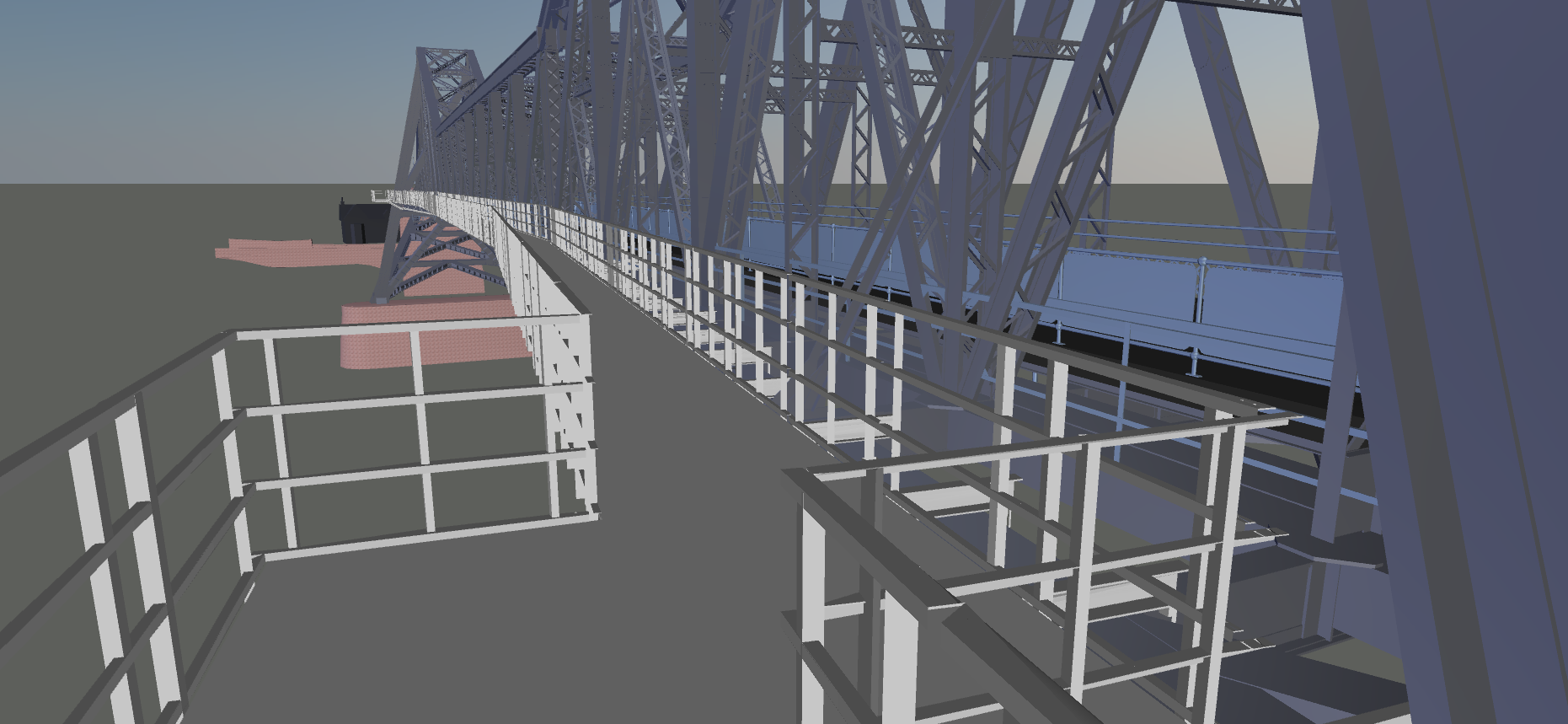
The new temporary walkway, which will be cantilevered off the east side of the bridge, will allow for pedestrian and cyclist access across Connel Bridge during works to replace the entire deck
The A828 Connel Bridge was the second largest cantilever bridge in Europe when it was built by Sir William Arrol in 1903. It links the villages of Connel and North Connel. Originally a railway bridge, it was used for both rail and road traffic from 1914, until the railway closed in 1966.
The new steel walkway design will be in keeping with the heritage of the bridge, with Spencer Group also self-delivering integrated street lighting.
Spencer Group is carrying out the project for BEAR Scotland on behalf of Transport Scotland.
The temporary walkway is part of the critical enabling works ahead of the deck replacement scheme and Spencer Group, which specialises in providing innovative solutions to complex engineering projects, is mitigating the impact the walkway works will have on traffic and the local community.
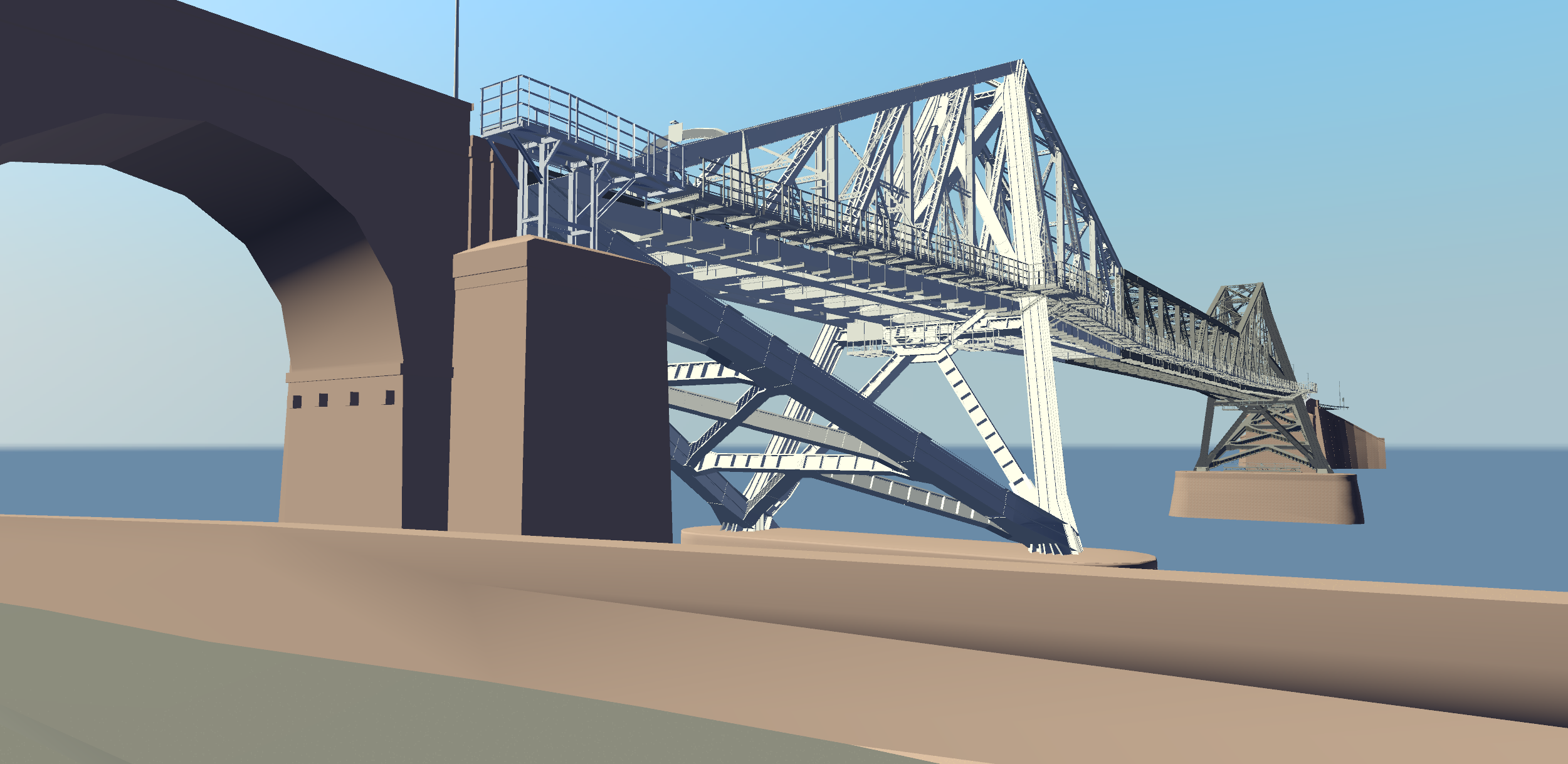
The new steel walkway design by Spencer Group will be in-keeping with the heritage of Connel Bridge
Luke Fisher, sector lead for bridges and structures at Spencer Group, said: “We’re delighted to have been selected to carry out this important project, which is the latest in our growing portfolio of heritage bridge works.
“During the tender process, we focused our proposals on a sympathetic walkway design and methodologies that reduced traffic management during the construction works.
“Our designers proposed a traditional steel walkway design that was in keeping with the heritage of the bridge, clamping to the existing structure where possible, to minimise invasive construction works to the bridge interface points.
“A key element of the project is also to minimise the impact on local residents and traffic, both on Connel Bridge and on the A85 below.
“The original design intent was to install support brackets over the side of the masonry viaducts that would require rope access for installation, meaning traffic management would have needed to be in place on the A85.
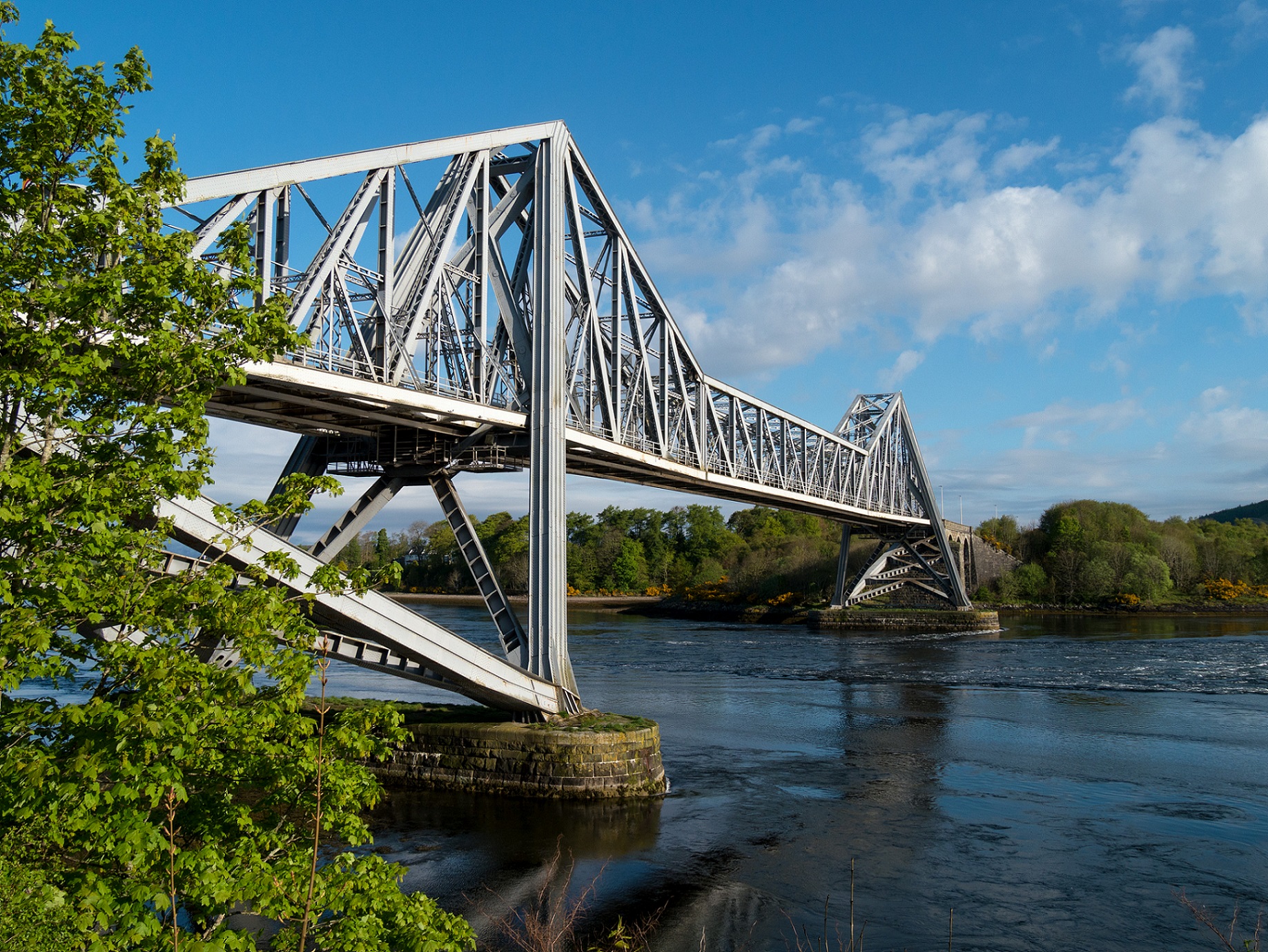
Connel Bridge was the second largest cantilever bridge in Europe when it was built by Sir William Arrol in 1903
“We’ve come up with an alternative design solution that mitigates this, with brackets that can be installed from the confines of the bridge parapets. In addition, we’ve developed an installation methodology that allows our teams to install the new walkway progressively from the leading edge, almost eliminating the requirement for traffic management on the bridge during the works.”
Eddie Ross, BEAR Scotland’s North West Representative, said: “We appreciate the historical importance of the A828 Connel Bridge and the vital transport link it provides to local communities.
“This project will allow teams to install a temporary footway on the east side of Connel Bridge, in advance of the deck replacement works which are scheduled to take place next year. The temporary walkway will maintain a route across the bridge whilst the bridge deck is replaced, as we will need to close the existing footpath and carriageway.
“Alongside Transport Scotland, we are currently considering making the walkway a permanent facility and will carry out a feasibility study of the options available, which will include consultation with all key stakeholders.”












